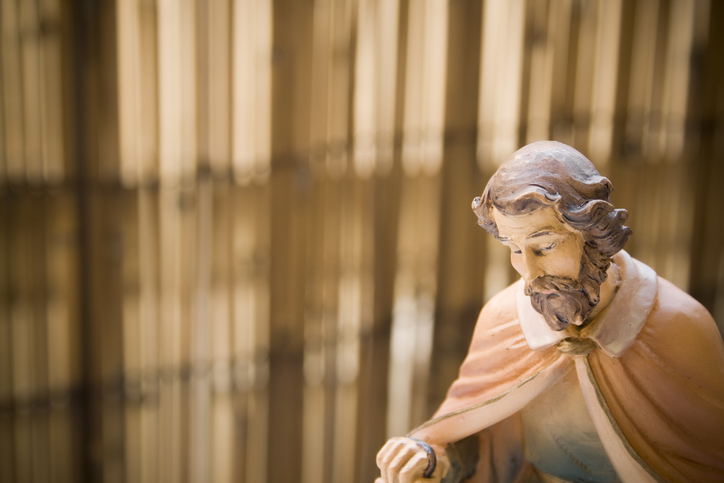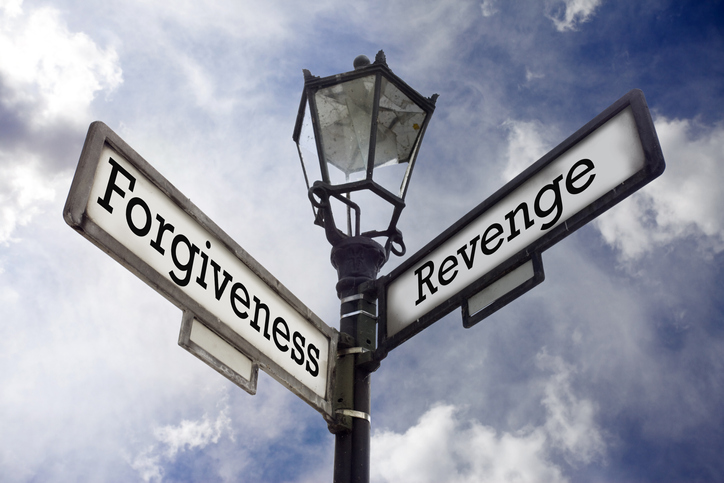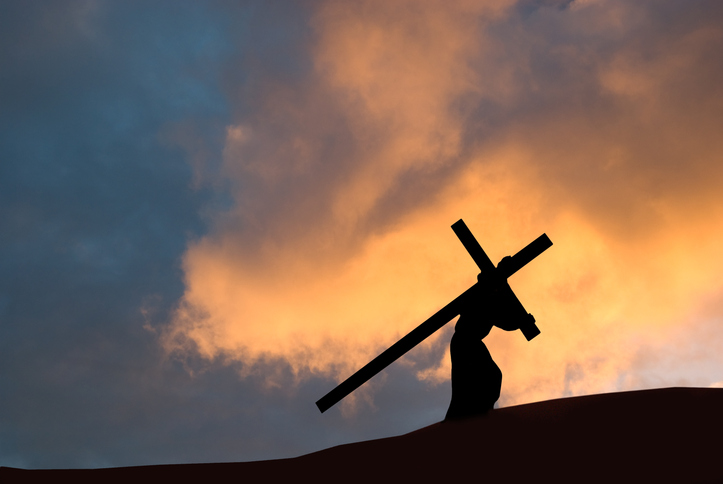No, I’m not confused. I know we are approaching Easter, not Christmas. But today is the Solemnity of the Annunciation of the Lord, the day we celebrate Gabriel’s visit to Mary telling her that God has chosen her to be the mother of his son.
Isaiah said to Ahaz: “Therefore the Lord himself will give you this sign: the virgin shall be with child, and bear a son, and shall name him Emmanuel, which means ‘God is with us.’”
A long time ago I heard a homily on Christmas day that I considered one of the best Christmas homilies I’d ever heard. Of course, I can’t remember all of it, but I do remember Father saying that Christmas is the celebration of the 30 silent years of Christ’s life. The 30 silent years. The years in which we know nothing of Jesus’ life but for the nativity narratives and the brief recounting of when he was twelve, left his parents to preach in the temple, leaving them frantic. Other than that, we can only imagine that he lived a normal, uneventful life as a child, as a young man, growing up in Nazareth.
Thirty silent years – the years in which the Son of God left the trappings of his glory as God, and became one of us. The thirty years in which Jesus so immersed himself into our humanity that he could live up to the name Emmanuel – God is with us! In every way. In every happiness and sorrow; in every hurt or rejoicing. God is with us! He laughed with his friends; got into mischief; cried when hurting; helped his mother with chores; attended services and wept for friends who had died. No longer distant in the revelations of the Old Testament but here and now, with us present as the “Word made flesh.” Our God who will know and understand everything our hearts take to him because he has also experienced it. I find great comfort in this great gift. God comes to us as a man, so that we might become truly human.
The Most Reverend William McGrattan, archbishop of Peterborough, Ontario experienced something that he believes brings home to us what this gift means, the gift of God is with us. I share his words:
“When things got busy and hectic in the parish I had the habit of simply going over to the grade school to visit the kindergarten and grade one classes. This one day when I dropped into the grade one class, the teacher had gathered the children to talk about Christmas and the gifts that each of them hoped to receive. She told the children that on her lap, in a small chest, there was a gift from Jesus for each of them. They could come up one by one and look inside, but they could not tell the next classmate or speak about it until all of them had peered inside the chest to see the gift. So I watched this drama unfold, one by one the children came up to look inside and as they turned around with this look of excitement on their faces and their hands over their mouth. I saw this repeated until the teacher motioned for me to come forward and look into the chest. To my amazement, there was a mirror in the chest, and I gazed on a reflection of my face. As I turned around, there was giggling and excitement with the children. Then the teacher began to explain to them that the gift of Jesus for each of us at Christmas was that the Son of God became human like us that we might learn what it means to be human.” (APA: | Blanchardstown Parish. (n.d.). Retrieved from http://www.blanchardstownparish.ie/reflection/14390
My gift to you today, as we journey Lent and approach Holy Week and Easter, is to pray you will realize in your hearts that these were real events happening to a real man, our God, who experienced it all to bring us to salvation and eternal glory. This was no small thing. And it started with the simple “yes” of a young maiden visited by an angel, to proclaim to us the Good News of Emmanuel.
God Bless.

Jeanne Penoyar, an Accounts Manager here at Diocesan, is currently a Lector at St. Anthony of Padua parish in Grand Rapids, MI. While at St. Thomas the Apostle, Grand Rapids, Jeanne was a Lector, Cantor, Coordinator of Special Liturgies, Coordinator of lectors and, at one time, chair of the Liturgy Commission. In a past life, secretary/bookkeeper at the Basilica of St. Adalbert where she ran the RCIA program for the Steepletown parishes. And she loves to write! When relaxing, she likes reading and word puzzles. You can contact her at jpenoyar@diocesan.com.





















